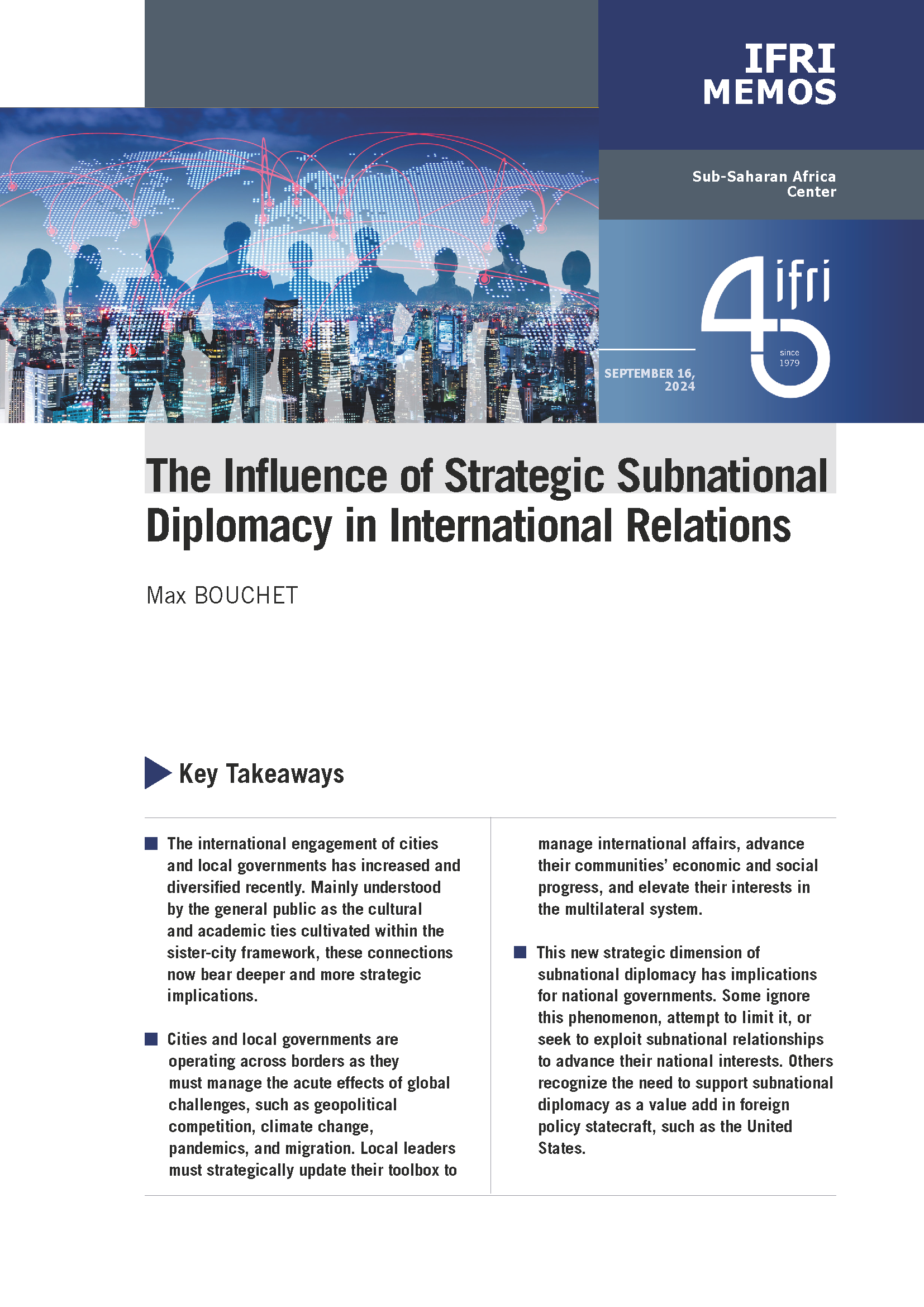Religion et politique au Maghreb: les exemples tunisien et marocain
What is the future for relations between politics and religion in a country like Moroco where the king is constitutionally defined as 'commander of the believers'? The same question seems to be equally pertinent for Tunisia, reputed for its 'secularism' and its uniqueness in terms of management of religion. But if Bourguiba believed in the pre-eminence of reason, being able to be percieved as authentic secularism, the Tunisian State, from independence to today, has never been secular. Even the most audacious acts of reform, like the CSP (Personal status code), have been accompanied by justifications from a liberal interpretation of religious law.
During the last six years of his reign, we have noticed a modification of the balance of power at the heart of the political system, which has benefited religion and which is expressed by a suppression of islamists who have persisted after 1987. In Moroco, Mohamed V, like Hassan II, has tried to establish a Muslim community of subjects of his Majesty. Since independance was achieved, the monarchy has worked to take over the management of Islam. Hassan II wanted to maintain a seizure of the religious sphere from which his power derived legitimacy and at the same time weaken it so that it could not constitute a competing faction.
To do this, he divided the religious faction, which became difficult to control in a political context. With the emergence and political intergration of an Islamic party and the weakening of religious fundamentalists beyond the state-controlled institutions, would the monarchy have lost its mandate as 'sole legitimate religious institution'?
This content is published in French - Religion et politique au Maghreb : les exemples tunisien et marocain






